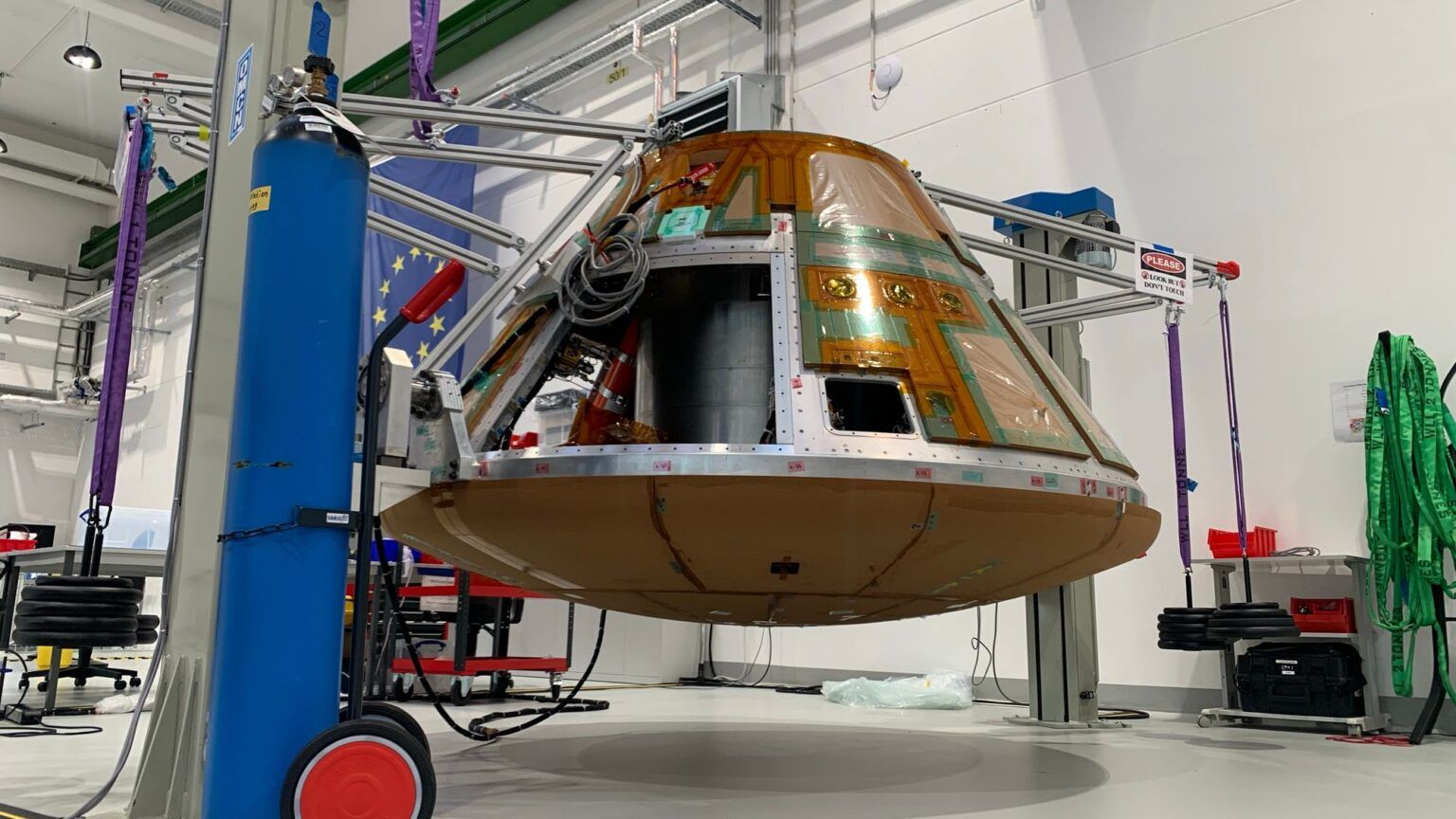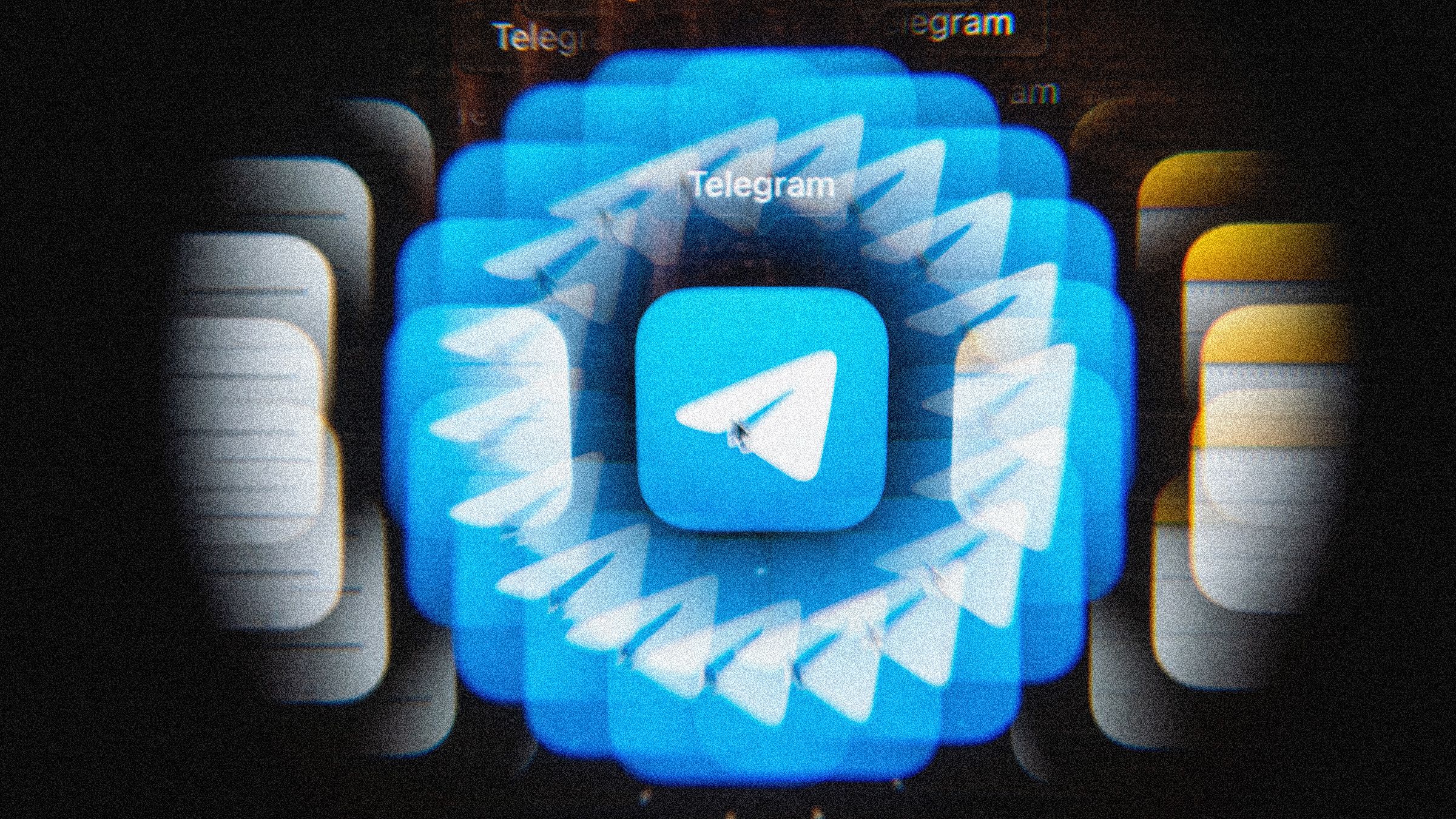A European Startup’s Spacecraft Made It to Orbit. Now It’s Lost at Sea
A European Startup's Spacecraft Made It to Orbit. Now...

A European Startup’s Spacecraft Made It to Orbit. Now It’s Lost at Sea
In a groundbreaking achievement, a European startup successfully launched its spacecraft into orbit around the Earth. The spacecraft, designed to revolutionize how we think about space travel, was hailed as a major milestone in the commercial space industry.
However, shortly after reaching orbit, the spacecraft encountered an unexpected problem that caused it to drift off course and eventually crash into the ocean. Despite efforts to locate and retrieve the spacecraft, it remains lost at sea.
The loss of the spacecraft is a devastating blow to the startup company, which had invested significant time and resources into its development. The setback has raised questions about the future of the company and its ambitious plans for the space industry.
Many in the scientific community are mourning the loss of the spacecraft, which was seen as a potential game-changer in the field of space exploration. Its advanced technology and innovative design were poised to push the boundaries of what is possible in space travel.
As investigations into the cause of the spacecraft’s failure continue, experts are left to wonder what went wrong and how similar incidents can be prevented in the future. The loss serves as a stark reminder of the risks and challenges inherent in space exploration.
Despite the setback, the European startup remains determined to forge ahead with its mission to push the boundaries of space travel and exploration. With perseverance and innovation, they hope to overcome this setback and continue their efforts to revolutionize the space industry.
As the world watches and waits for news on the fate of the lost spacecraft, the story of its journey serves as a reminder of the incredible opportunities and obstacles that come with venturing into the final frontier of space.
Although the spacecraft may be lost at sea, its legacy and impact on the future of space exploration will never be forgotten.




